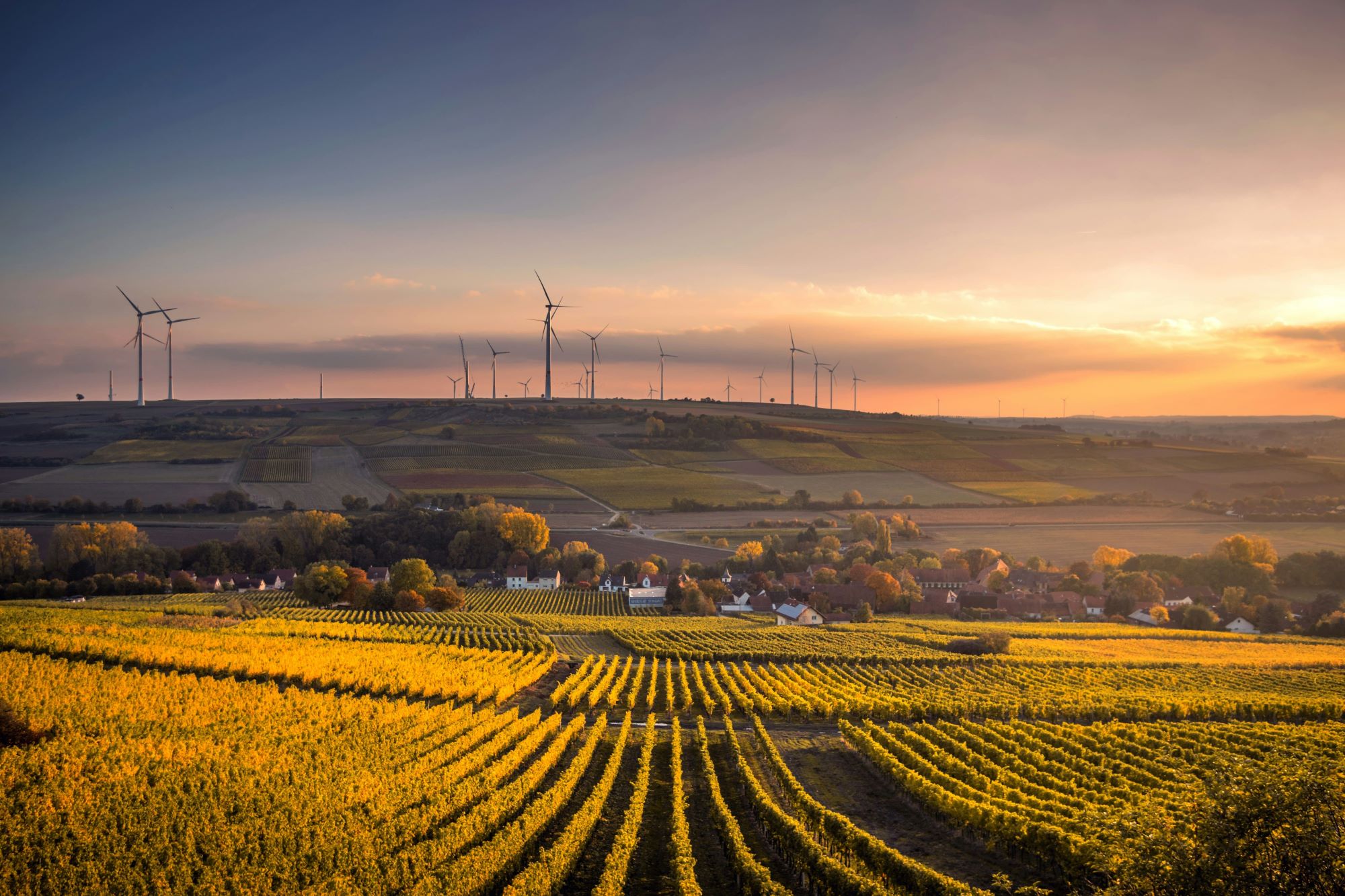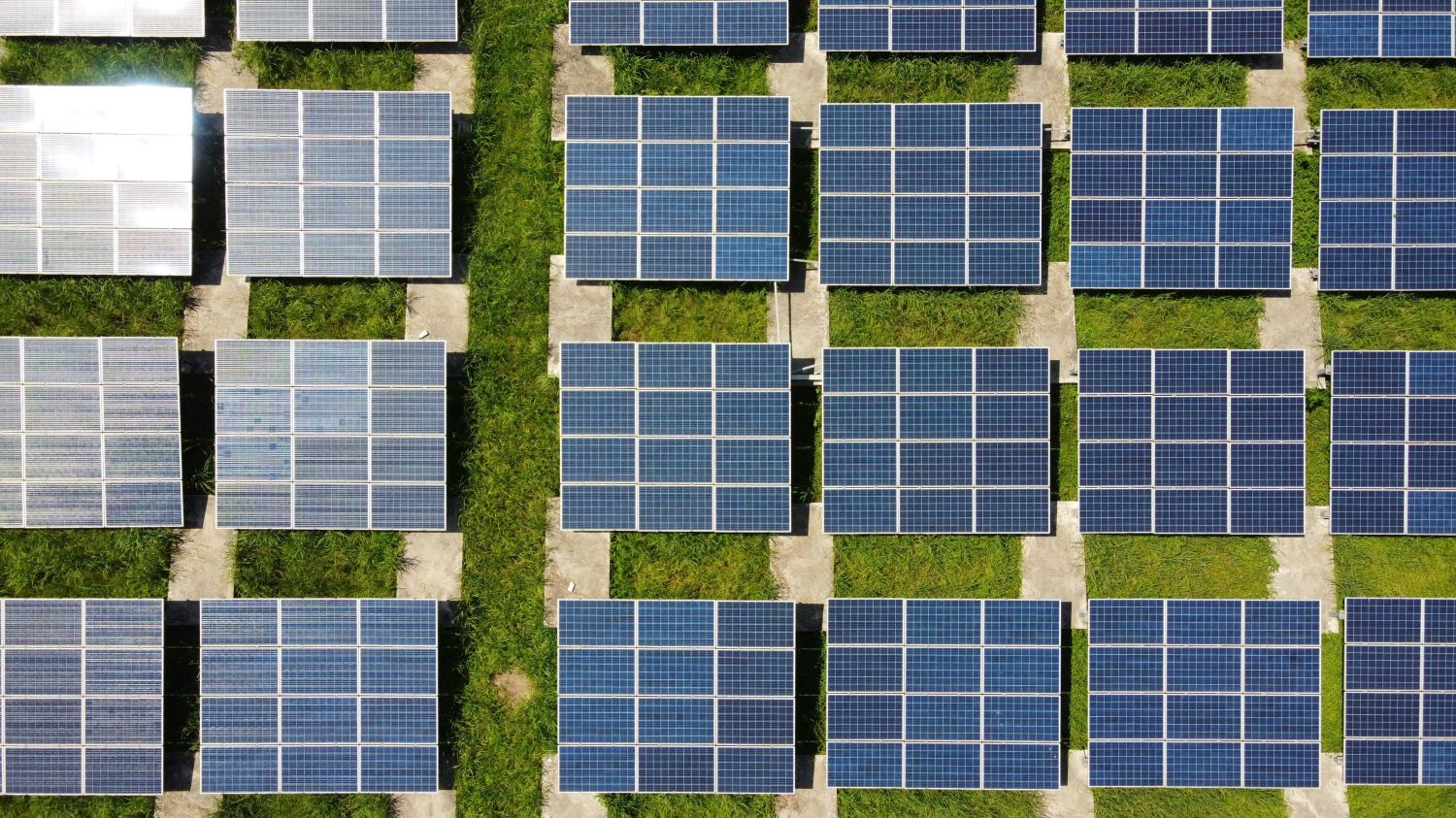Sustainability is a policy imperative and a board-level priority for all investors and companies in Ireland, and across the EU. Already, 70% of IDA’s 100 largest clients have made net zero pledges and 15 of the 40 largest IDA clients companies are achieving A ratings on sustainability.
“Our clients are targeting and investing in solutions to reduce their Scope 1 emissions as the immediate priority for their on-site use of fossil fuel,” says Ian O’Hora, head of sustainability at IDA Ireland.
Having a multi-year investment plan, and tackling the easy wins like efficiency improvements first can deliver as much as 20% energy savings, he adds. This ranges from simple lighting upgrades, improved building management systems, and more thoughtful use of HVAC and air handling systems.

A practical approach to net zero ambitions
The multi-year plan is a practical approach to aligning capital expenditure budgets with corporate goals and 2030 ambition. Each year would involve making new investments to improve competitiveness and move one step closer to net zero. For example, efficiency improvements from replacing on-site fossil fuel with electric solutions in itself may be enough for many companies to achieve their Irish and global net zero Scope 1 goals.“We are already seeing significant advantages emerging for those on the net zero journey, with lower operating expenditures and increasing customer demand for more sustainable products and services. Early movers in Ireland are becoming reference cases for sustainability across all sectors,” says O’Hora.
Sustainability in action at Zimmer Biomet
“Sustainability is a personal focus of mine, and one for the company as well,” says Tom O’Carroll, Director of Manufacturing Ireland with Zimmer Biomet. The US company specialises in musculoskeletal health care and employs 1,100 people across two sites in Shannon and Galway, where it makes joint replacements for knees, hips and shoulders.Zimmer Biomet’s Irish operations already generate close to 8 per cent of its annual energy through 1MW solar PV panels, with 2,400 panels installed on the roof of both its Irish sites. For the past 10 years, it has operated a zero waste to landfill policy in both locations. With investment in digital tools, the company’s paperless shop floor saves 18,355 pages per day, which translates to half a million pages per month and more than 6,600,000 pages every year. That’s equivalent to more than 2,000 trees – and it’s a major step in building a digital manufacturing environment, which traditionally relies on a lot of physical documents.
“Competitors in other industries will have job cards following the product, because you need that traceability. We have it all digitally. It’s an element to our business that we’re definitely gaining momentum on,” says O’Carroll.
Both sites are certified to the ISO 14001 environmental standard. In 2023, water reduction projects saved 8236m3 – the equivalent of three Olympic-size swimming pools. Other energy reduction projects in Zimmer’s operations include having electric cars for travelling between sites, and the company also promotes more car-pooling.
By switching to producing its own nitrogen, Zimmer has effectively taken a truck off the road every week since it’s no longer needed for deliveries. “Small changes like that have big impacts,” O’Carroll adds. “And here’s the icing on the cake: typically you’ll get a cost bounce from them. It’s cost-effective to do these types of things.”
 How BD reflects global goals with local action
How BD reflects global goals with local action
Global medical technology company Becton Dickinson (BD) has a global commitment to a 46% reduction in Scope 1 and 2 greenhouse gas emissions by 2030 from a 2019 baseline, and to be fully carbon neutral across its direct operations ten years after that. Its Irish operation in Enniscorthy developed a multi-year climate action plan to reduce CO2 emissions by investing in efficiency, electrification and decarbonised power. The plan included a €1.5 million project in 2022, supported by IDA Ireland, to install 1,300 solar panels at the facility, along with heat pumps totalling 1 megawatt. Together, this investment reduces annual kerosene use on site by 150,000 litres, eliminating over 300 tonnes of carbon dioxide annually and contributes towards BD’s 2030 sustainability targets.
“In BD Enniscorthy, our main GHG emission is the kerosene we burn to generate hot water for our facilities. In 2023, we installed 1MW of heat pump capacity to eliminate the 1.4MW boiler we have on site. This will eliminate the burning of 150,000 litres of kerosene,” explained David Clerkin, the then senior engineering and NPI operations manager at the site.
MSD’s net zero ambition
Pharmaceuticals giant MSD has one of the most ambitious sustainability goals, planning to become carbon neutral across its operations by 2025. As part of a 20-year partnership with the electricity supplier ESB, MSD built a 7.3MW ground-mounted solar PV array at its Ballydine site in County Tipperary. In September 2022, it opened what was at the time Ireland’s largest self-generation solar project.MSD’s plant now sources nearly 20% of its energy needs from renewables.
The solar power system generates an estimated 7.9GWh of clean and renewable electricity for the site – equivalent to 5,000 households’ electricity use.
Wind energy powers J&J manufacturing
Johnson & Johnson is getting 100% of the power for its four manufacturing sites in Ireland from onshore wind energy. In 2021, the company signed a power purchase agreement (PPA) with Ørsted, one of the world’s leading renewables providers, to offtake power from Kilgarvan Wind Farm in County Kerry and Booltiagh Wind Farm 1 in County Clare. Over the eight-year lifetime of the agreement, there will be 1,000 GWh+ of renewable energy generated.In the last decade, J&J has invested more than €60 million in over 80 carbon footprint reduction projects, including on-site wind turbines.
Wind energy is also contributing towards Astellas achieving 64% renewable generation at its site in county Kerry. The Japanese pharmaceutical company also uses solar electric and solar thermal panels, as well as biomass made from wood chips sourced from waste wood of the forestry industry within a 50km radius of the plant.
Here comes the sun: solar power in action
Solar power figured strongly in Eli Lilly’s joint investment with Enerpower, which designed, built, and maintains a €5 million solar farm that powers a significant proportion of the Lilly site in Kinsale, county Cork. When it was officially opened in July 2021, the 12,600-panel 5.6MW solar farm was the single largest site of its kind in the Republic of Ireland, on 16 acres of land.Since then, Lilly added an extra 10 acres to the existing farm. Lilly will use it to lower its annual use of electricity from carbon sources by almost 6GWH and reduce its carbon footprint by 2,350 tonnes. That’s the equivalent of planting nearly 5,000 acres of trees.
Boston Scientific’s new €100 million expansion of its operations at Ballybrit in Galway. Unveiled in April 2022, the site includes over 40,000 square feet of medical device manufacturing space powered by renewable energy.

How IDA Ireland helps
With the introduction of the EU Corporate Sustainability Reporting Directive (CSRD), all of our clients will be measuring the positive and negative impact their business might have across six environmental headings, from Greenhouse Gas Emissions, use of water, production of waste, circular economy, pollution and biodiversity. With policy and regulation driving investment across sectors, it is a strategic imperative for clients and investors to plan and implement sustainability actions and initiatives.IDA Ireland has a dedicated interdisciplinary sustainability team working hand in hand with clients to overcome challenges, move quickly, and support investments that deliver impact. IDA Ireland’s strategy backed up by ‘Green Capital’, ‘Green consultancy’, ‘Research’ and ‘Talent Development’ financial supports, IDA has supported almost €300 million in client Sustainability investment over the last two years. IDA’s Green Engineering and Green Economy Team is focused on supporting clients to build and grow new technology capability in Ireland across important sustainability sectors, including renewable energy, green manufacturing, automotive and aviation.
In addition, IDA’s property division has delivered 17 client property solutions accredited to LEED, the world’s most widely used system for rating green buildings.
The appetite among businesses is growing. A survey from PwC found that 92% of Irish CEOs are making significant progress in the transition towards energy efficiency. With IDA Ireland’s support, companies can start planning to decarbonise, starting with understanding their current baseline and using it to map a journey towards net zero.
